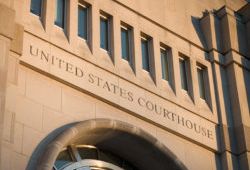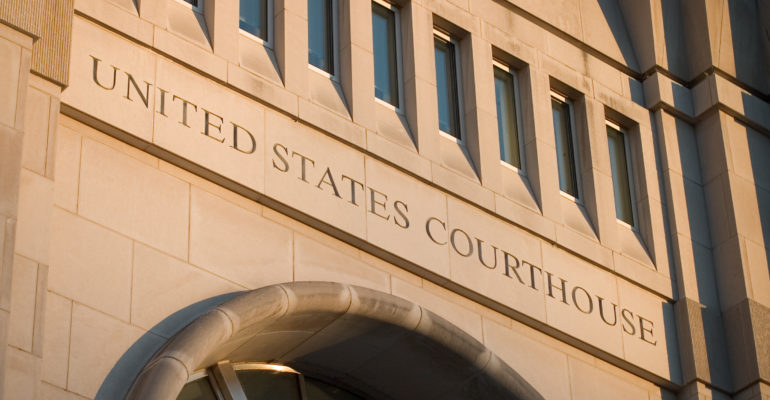 On Monday, Magistrate Judge Lloret, who is visiting the U.S. District Court for the District of Delaware from the Eastern District of Pennsylvania, granted Boehringer Ingelheims’s (“BI’s”) motion to compel discovery relating to its unclean hands defense in the ongoing AbbVie v. Boehringer Ingelheim litigation concerning BI’s aBLA for a biosimilar version of AbbVie’s Humira (adalimumab) product. As we previously reported, BI’s defenses and counterclaims alleged that AbbVie engaged in “a global effort to improperly delay competition with respect to adalimumab” by pursuing “overlapping and non-inventive patents for the purpose of developing a ‘patent thicket[.]'” BI argued that the discovery sought was directly relevant and tailored to these defenses and counterclaims. AbbVie responded that BI should be denied the requested discovery because it failed to plead the defense of unclean hands adequately. Judge Lloret held that though BI’s theory “may or may not be viable as a patent defense or as basis for relief by way of counterclaim. . . . [a] discovery motion is not a good mechanism for litigating the substance of the defense” and therefore BI “is entitled to discovery that is reasonably and proportionally directed to its claims.”
On Monday, Magistrate Judge Lloret, who is visiting the U.S. District Court for the District of Delaware from the Eastern District of Pennsylvania, granted Boehringer Ingelheims’s (“BI’s”) motion to compel discovery relating to its unclean hands defense in the ongoing AbbVie v. Boehringer Ingelheim litigation concerning BI’s aBLA for a biosimilar version of AbbVie’s Humira (adalimumab) product. As we previously reported, BI’s defenses and counterclaims alleged that AbbVie engaged in “a global effort to improperly delay competition with respect to adalimumab” by pursuing “overlapping and non-inventive patents for the purpose of developing a ‘patent thicket[.]'” BI argued that the discovery sought was directly relevant and tailored to these defenses and counterclaims. AbbVie responded that BI should be denied the requested discovery because it failed to plead the defense of unclean hands adequately. Judge Lloret held that though BI’s theory “may or may not be viable as a patent defense or as basis for relief by way of counterclaim. . . . [a] discovery motion is not a good mechanism for litigating the substance of the defense” and therefore BI “is entitled to discovery that is reasonably and proportionally directed to its claims.”
UPDATE (February 13, 2019): On February 8, 2019, Magistrate Judge Lloret granted BI’s motion to enforce the Court’s June 4, 2018 Order directing AbbVie to produce documents relating to BI’s unclean hands defense. While AbbVie produced some documents in response to the June 2018 Order, BI identified a number of deficiencies, including AbbVie’s failure to produce documents relating to “AbbVie’s patenting program designed to mitigate biosimilar entry,” “[i]ncentives by AbbVie to increase the patent coverage for Humira®,” and “[s]trategies to mitigate biosimilar competition.” Judge Lloret found that the requested documents are relevant and proportional to the needs of the case, stating that “[t]he issue at stake is the ’unclean hands’ defense, which is an important, not peripheral, part of this case,” “[t]he amount in controversy in this case is vast, and the unclean hands defense, if substantiated, is potentially dispositive,” and that “the discovery will be important to the resolution of the unclean hands defense.”
The Court also recently unsealed, at the parties’ request, a January 17, 2019 Order resolving disputes over deposition topics. In the Order, Judge Lloret sustained AbbVie’s topic related to its unclean hands defense and stated that “AbbVie is entitled to inquire exactly which patents constitute the wrongful ‘thicket,’ and to get an account from Boehringer of the factual details that make these patents probative of an unclean hands defense” and that “AbbVie is also entitled to inquire about the extent to which these patents formed a consideration in Boehringer’s decision to bring a biosimilar product to market.” Judge Lloret quashed several of AbbVie’s other deposition topics related to the unclean hands defense as “disproportionate.”

